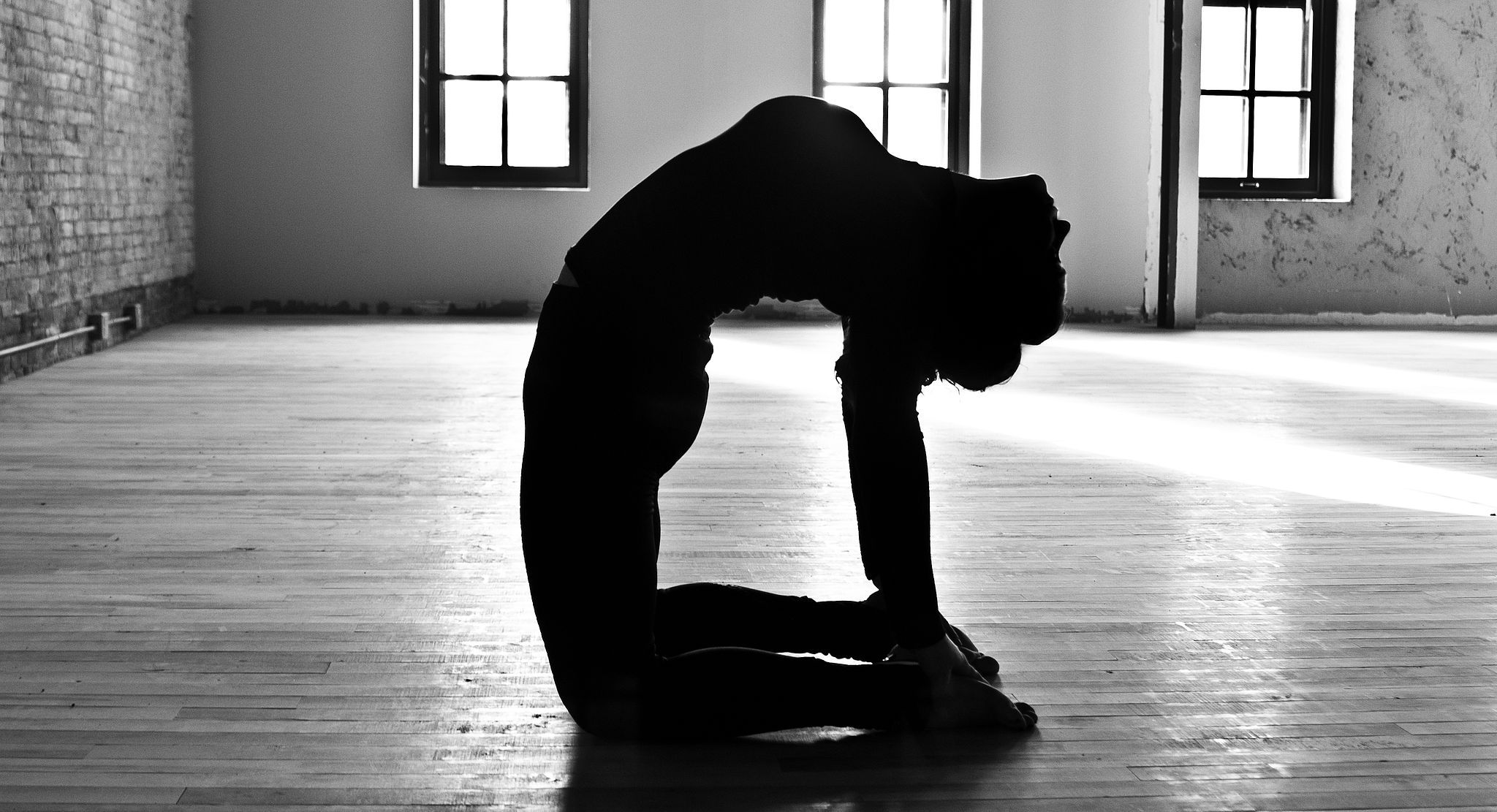I ran my first Half Marathon on Sunday. What an experience!! A real physical, mental and emotional roller-coaster – one that was actually surprisingly enjoyable. However, it was just a stepping stone on the journey towards a much greater challenge: The full 26.2 miles of the Yorkshire Marathon this October.
As I crossed the finish line on Sunday I found it almost impossible to imagine myself being able to run twice the distance in five months time. However, if you had told me on January 1st that I’d be running 21 Kilometres in 2 hours and 29 seconds just 129 days later I would have told you that you were barking mad. My experience over the last few months has confirmed my belief in the effectiveness of training and I’m confident that if I follow the right plan I can cross the finish line in October with a smile on my face and my head held high.
So, as my legs slowly begin to feel like they belong to my body again and the blisters on my toes reduce in size, I thought I’d jot down my thoughts on the power of practice and why it is an absolute prerequisite for peak performance.
Just Do It!
No sportsperson, whether professional or amateur, would ever advocate competing in their chosen discipline without first putting in many hours of hard work before the event. You’ll never see a memorable piece of theatre where the actors haven’t spent weeks in rehearsal. Even spectacular shows like the Old Vic 24 Hour Plays see the actors and creative teams using every last second they have to fine tune their ten minute mini-plays. To the professional performer not practicing simply doesn’t make sense. To every serious sports person, musician, dancer, entertainer or actor it is a given, an ingrained behaviour. Not doing so leaves you open to potential humiliation and ridicule. One disastrous event has the potential to stall even the brightest career. So why is this not the case in the world of business? Why do we risk turning up to a pitch having barely spoken the words out loud? Why do we walk into the board room unprepared for the questions that might be thrown at us? If we want to win we must make practice a habit.
Get out of your head!
Mental rehearsal is brilliant. There is loads of scientific research into the benefits of visualisation and its power to improve your results. In fact people who visualise themselves achieving their goals, as well at imagining the process that they have to through to get there, are significantly more likely to achieve success. However, no matter how many times I picture myself crossing the marathon finishing line on October 11, unless I actually put on a pair of trainers and go for some practice runs, I will be in for a nasty shock come race day. Nothing beats physical practice. It’s why actors spend weeks behind closed doors before stepping out onto stage on opening night and why footballers fly off to training camps in warmer climes a few weeks before the domestic season starts. We must give our bodies a chance to feel what it’s like to go through the motions. We have to create a muscle memory, so that in the heat of the moment the ancient part of our brain can be reassured that what we are doing is familiar territory and we don’t have to engage our fight or flight mechanism. It is therefore essential in a business context that we take time to practice aloud. We need to speak the words, to hear them come to life, to literally feel and taste them in our mouths. For important phone calls, meeting, presentations and pitches we must take the time to lock ourselves behind closed doors and rehearse. Only then will we achieve the results we are looking for.
Fail regularly!
In the world of acting the rehearsal room is not a place of perfection, it’s a place of failure. Only when we have an opportunity to get something spectacularly wrong do we have a chance to learn from our mistakes. When training for the half marathon it was the runs where I started too fast or pushed myself too hard that taught me most about how to pace myself and ensure I could go the distance. We have to push our boundaries in order to understand where our comfort zone ends and our potential for growth begins. However, no one wants egg on their face. The time for failure and experimentation is before the big event. Make your practice part of your every day routine. Test out your new techniques in every day situations. Try using some open questions in the supermarket queue, hold eye contact whilst making your introductions at a networking meeting and put your story telling technique to the test next time you tuck your child into bed. That way, when you find yourself in a high stakes situation you’ll have got all of your mistakes out of your system and will be able to deliver a powerful and authentic performance.
How can you create time for rehearsal in your schedule? What strategies have you found that work? What do you find hardest about practice? I’d love to hear your comments in the box below.
Keep shining!
Dominic
p.s. If you want to know the inspiration behind my Marathon running you can read my story here.













